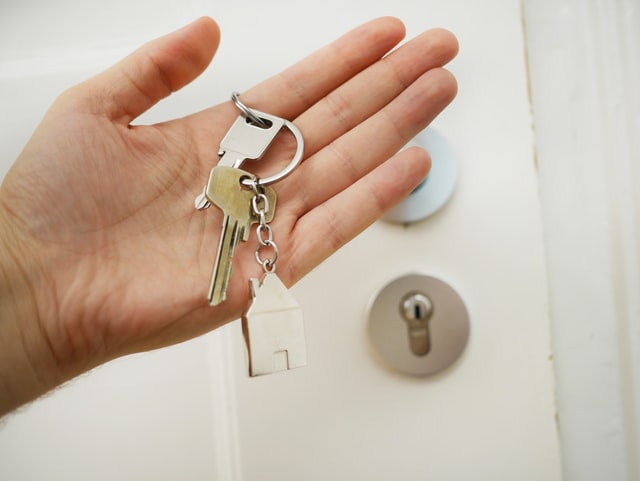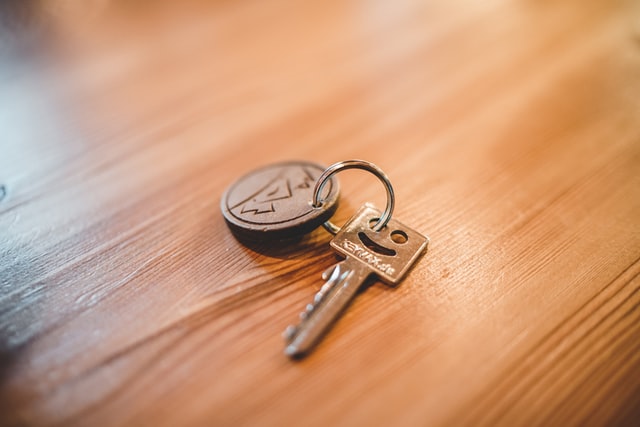All About "Do Not Duplicate" Keys
Posted by Richard Schoech on Oct 29, 2021

When buying door locks with keys, you may come across the term “do not duplicate” keys. This may be confusing to many, especially when it comes to replacing lost keys. You don't want to be locked out of your own house, office, or other lockable property. You want to be sure that you can quickly get spare keys made when you lose your keys. But it's not always possible with some keys that come with restrictions on duplicating them.
Here, we'll discuss what it means when you come across "do not copy" keys and what you should do if you've lost your keys.
What is a "Do Not Duplicate" Key?
This is a type of key that comes with a specified engraved no-duplicate message. This key will open a deadbolt or other door lock and shouldn’t be copied or duplicated. It's hard to get another copy unless you get it from the locksmith you purchased it from. The "do not duplicate" label on door lock keys is often used to prevent unauthorized duplication of the keys by non-authorized personnel.
This is done primarily for security purposes in order to protect homeowners or businesses who share key access with different people. It's also helpful to landlords who want to make sure they know how many keys are available for an apartment. People could easily be tempted to make copies with no restrictions even if they had good intentions, and then those keys could get into the wrong hands.
You Can Still Duplicate Your "Do Not Copy" Keys
The ability to quickly and affordably duplicate keys is a mainstay in the locksmithing industry. While it's frustrating for a customer to find out that they have been provided with a "do not duplicate" key, the good news is, all types of keys can be duplicated. The “Do Not Copy” inscription on a key acts as a warning, but it does not actually prevent someone from duplicating the key. That means that if you bought your locks from a reputable locksmith, you'd need to go to the same company or locksmith and ask them for new keys. While these keys aren't meant to be duplicated, the company uses code machines to create new keys.
Before buying any keyed locks, locksmiths always recommend that you check out the company's key duplication policy. If your locks are less than five years old, they're likely still under warranty and will be replaced free of charge if lost or stolen. Verify if the company makes "do not copy" keys or if they're willing to make them for you. If you've already bought keys and you're not sure if they're "do not duplicate" keys, call the locksmith who sold you your new hardware.
Understanding the Policies of Restricted Keys
The first thing to know about a restricted key is that it looks different than any other kind. It either has two rows of cuts or dimples cut into its surface, and it comes with unique side millings. Locksmiths will be able to identify these keys easily. Once a duplicate is made from a restricted key, you should be able to duplicate the keys as many times as possible. In some cases, some unrestricted keys require you to remove the words stamped on the head of the key before duplicating them.
However, locksmiths may choose to ignore this fact and make a copy of the key. If you have lost your restricted key, then contact a locksmith who can offer some advice on how to handle it best. It's important to understand that the "do not duplicate" key is more than just a fancy stamp. It's meant to reduce the risk of a security breach by avoiding "mass" duplication that poses a risk to the owner of the original key.
No Law Regarding “Do Not Duplicate” Keys
At this point, you've probably wondered if duplicating these types of keys is illegal or not. The truth is, there's no law governing how you should handle the no-duplicate keys. The engraved message on the keys is just a request, not a regulation or law. That means that you can walk into a locksmith shop and they may be willing to duplicate the key, especially if you can prove you are the owner. However, many chain hardware stores where you buy locks with “do not copy” keys will most likely refuse to make a copy of your key due to corporate policy.
Are "Do No Copy" Keys More Secure Than No-Marked Keys?

Many people think that having a key marked "do not duplicate" makes the key more secure. This is because it's assumed that only locksmiths will be able to make copies of these keys, and they'll have to do everything possible to prevent this from happening, hence making your home much safer. However, this isn't true at all. The truth is, these keys are no more secure than any regular key.
Unfortunately, there's nothing you can do that will truly make your key unique or difficult for others to duplicate. You may think that "do not duplicate" keys can't be duplicated, but any locksmith can do it with access to the right tools. Unauthorized key duplication is the single most violated security policy in businesses and homes. So, always ensure your keys are kept somewhere safe. You should also upgrade your door locks to high-quality locks that are difficult to pick or bump open instead of thinking about how your key will be copied.
What the Associated Locksmiths of America (ALOA) Advises
ALOA notes that any orders for door lock keys stamped ‘do not duplicate’ should be handled just like any other unrestricted key. Consumers should know that this wording or any similar wording doesn't mean effective security, and further, that it provides a false sense of security. What consumers should focus on when it comes to ensuring effective security is opting for a patented key control system that can help track who has a key to their home. Keep in mind that this doesn't apply to keys that are protected by law.
Learn More at Door Locks Direct
Want to learn more about "do not duplicate" keys? Door Locks Direct is your leading residential door hardware supplier online. We know everything about “do not copy” keys and how they work. Visit our blog to learn more about different types of keys or call our experts today.
